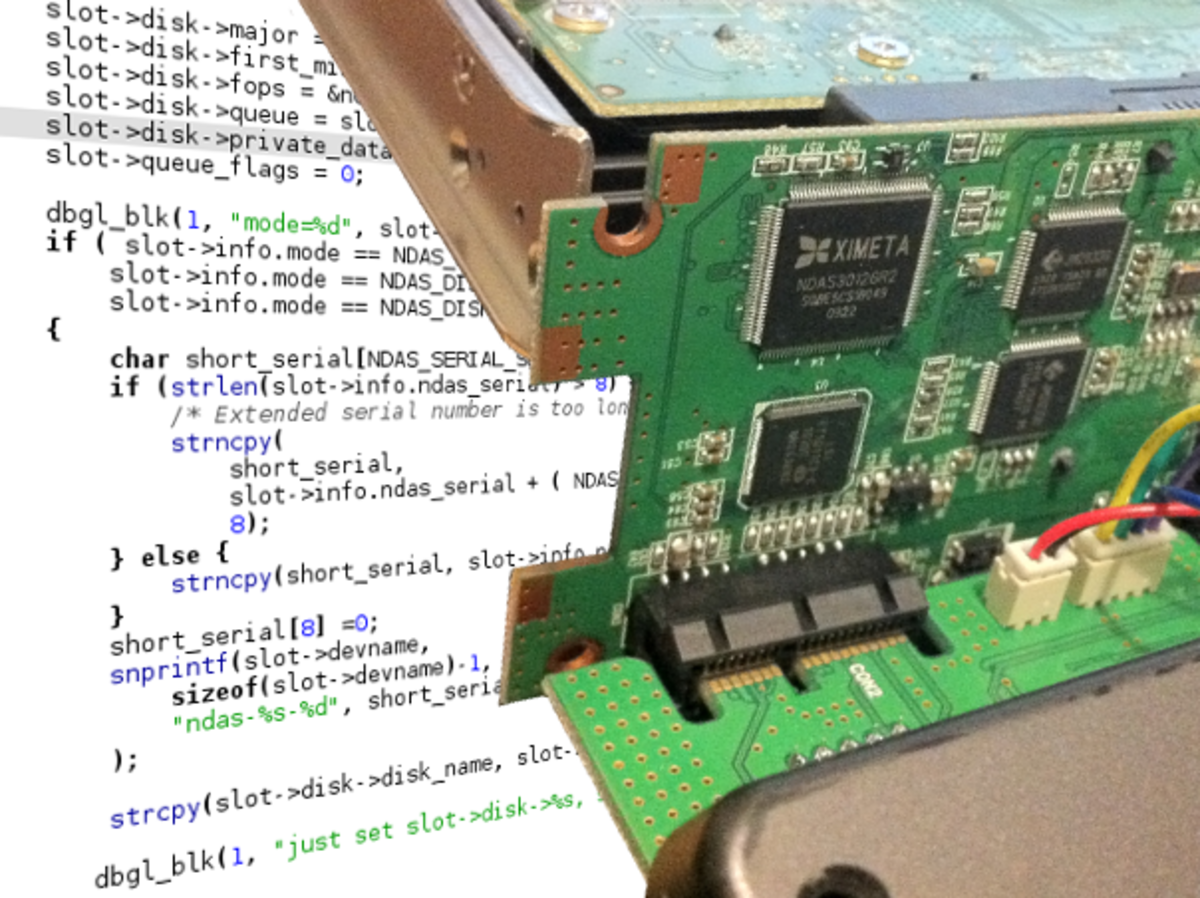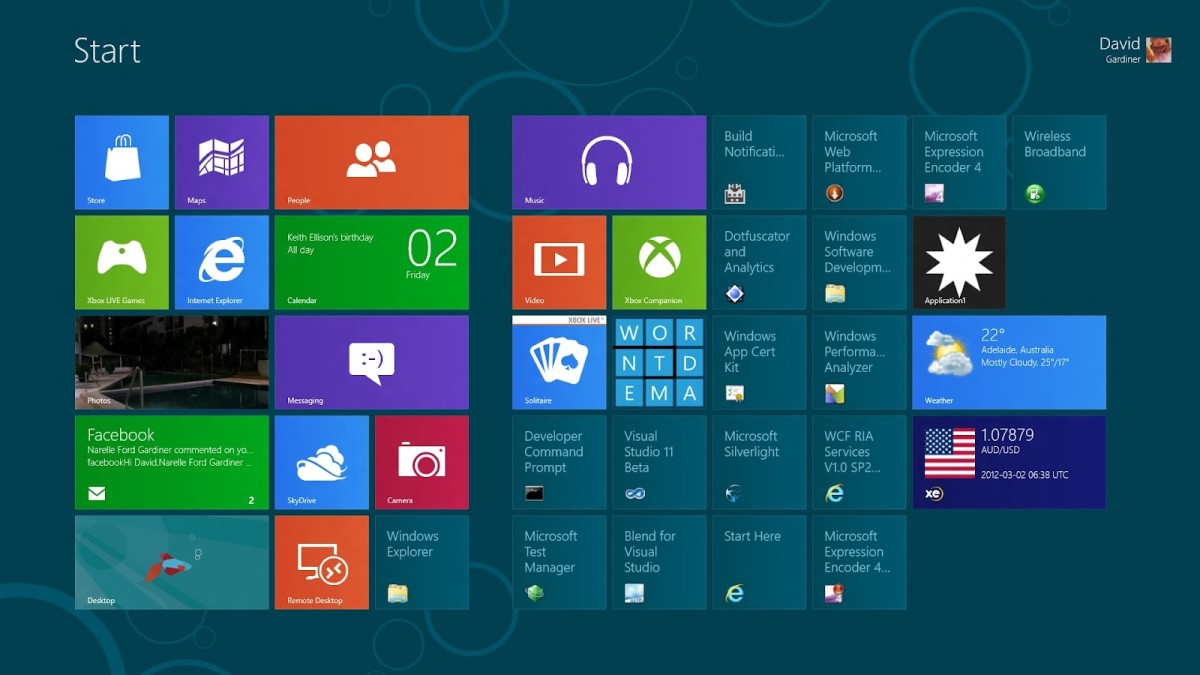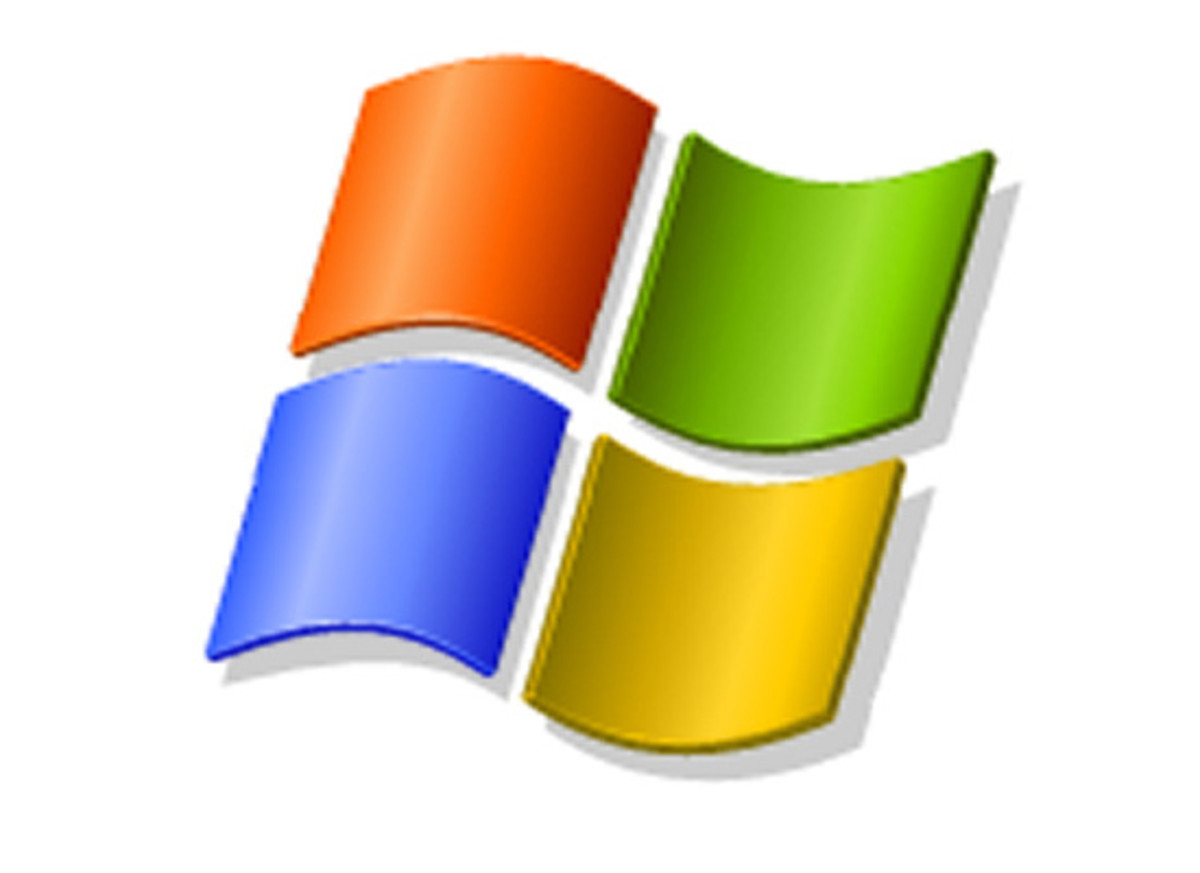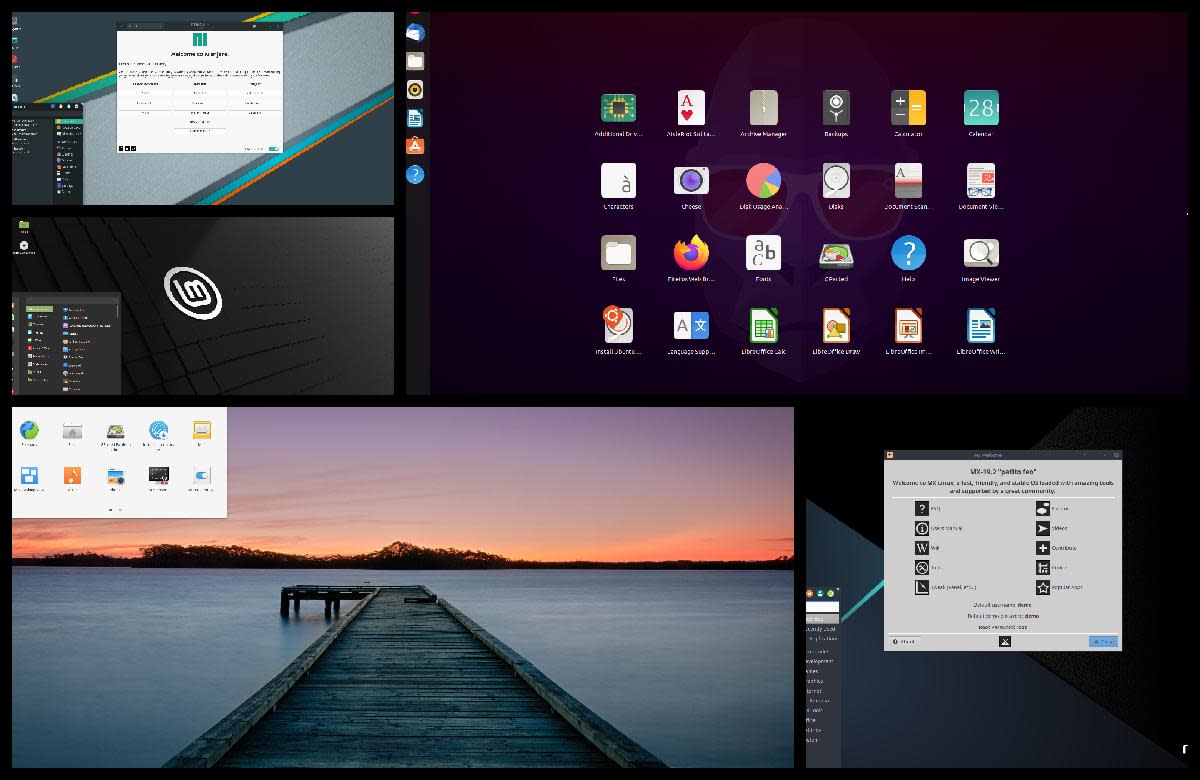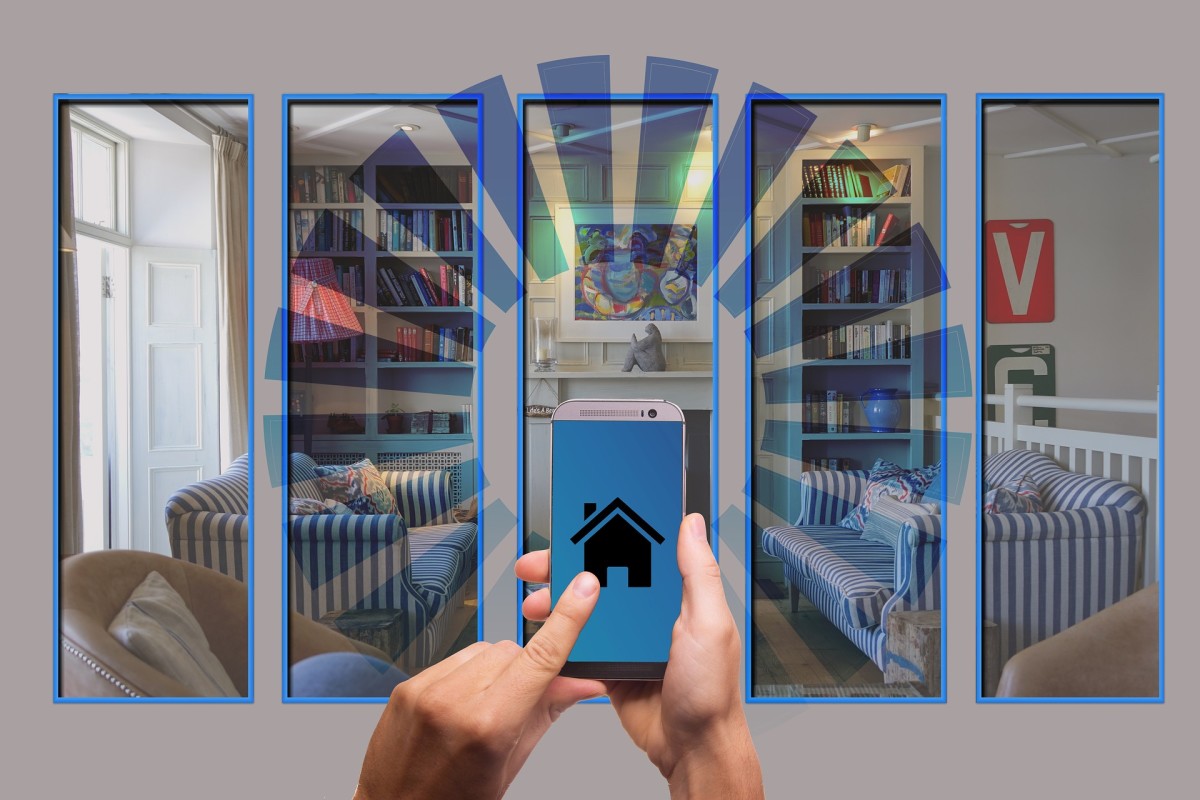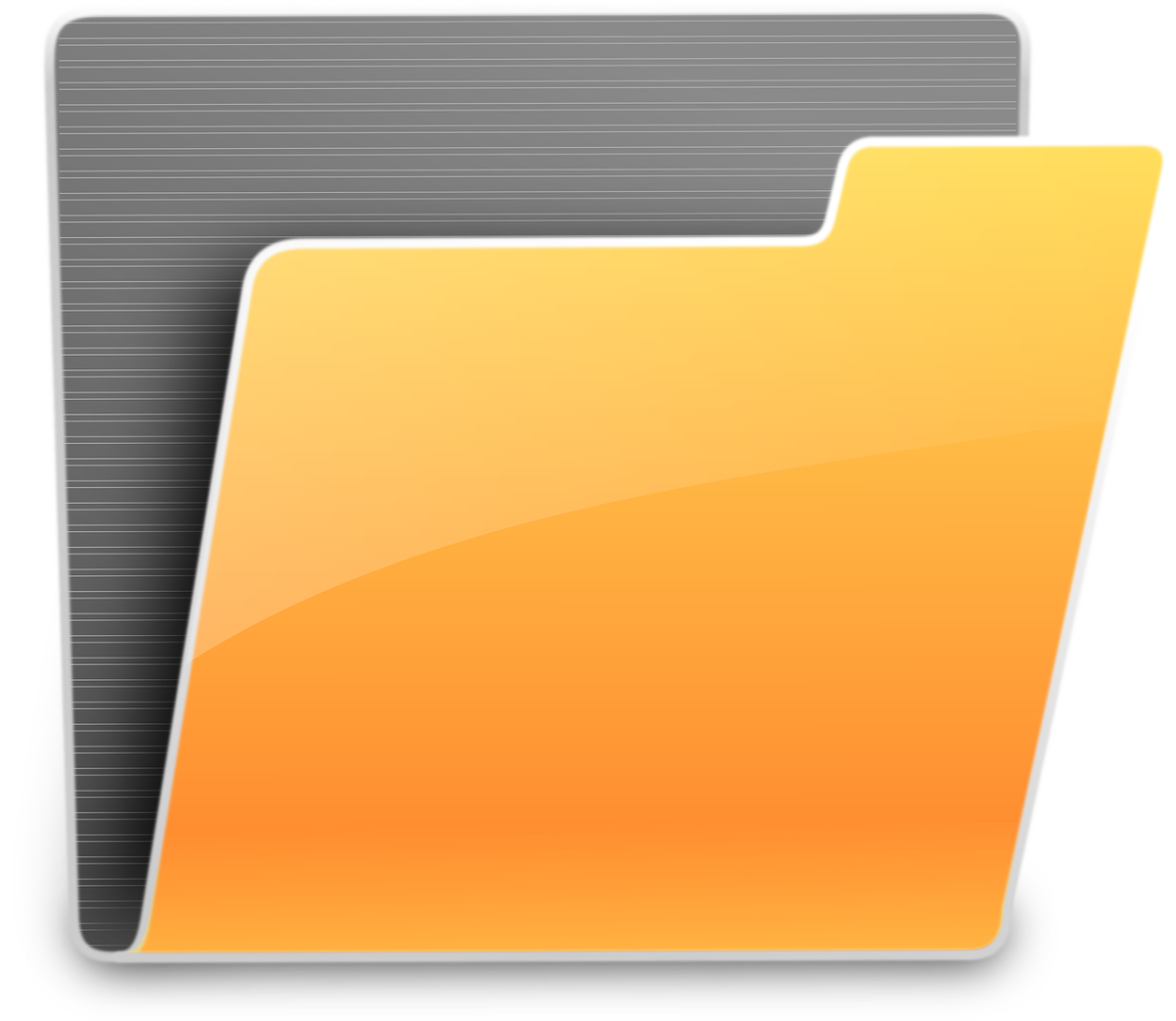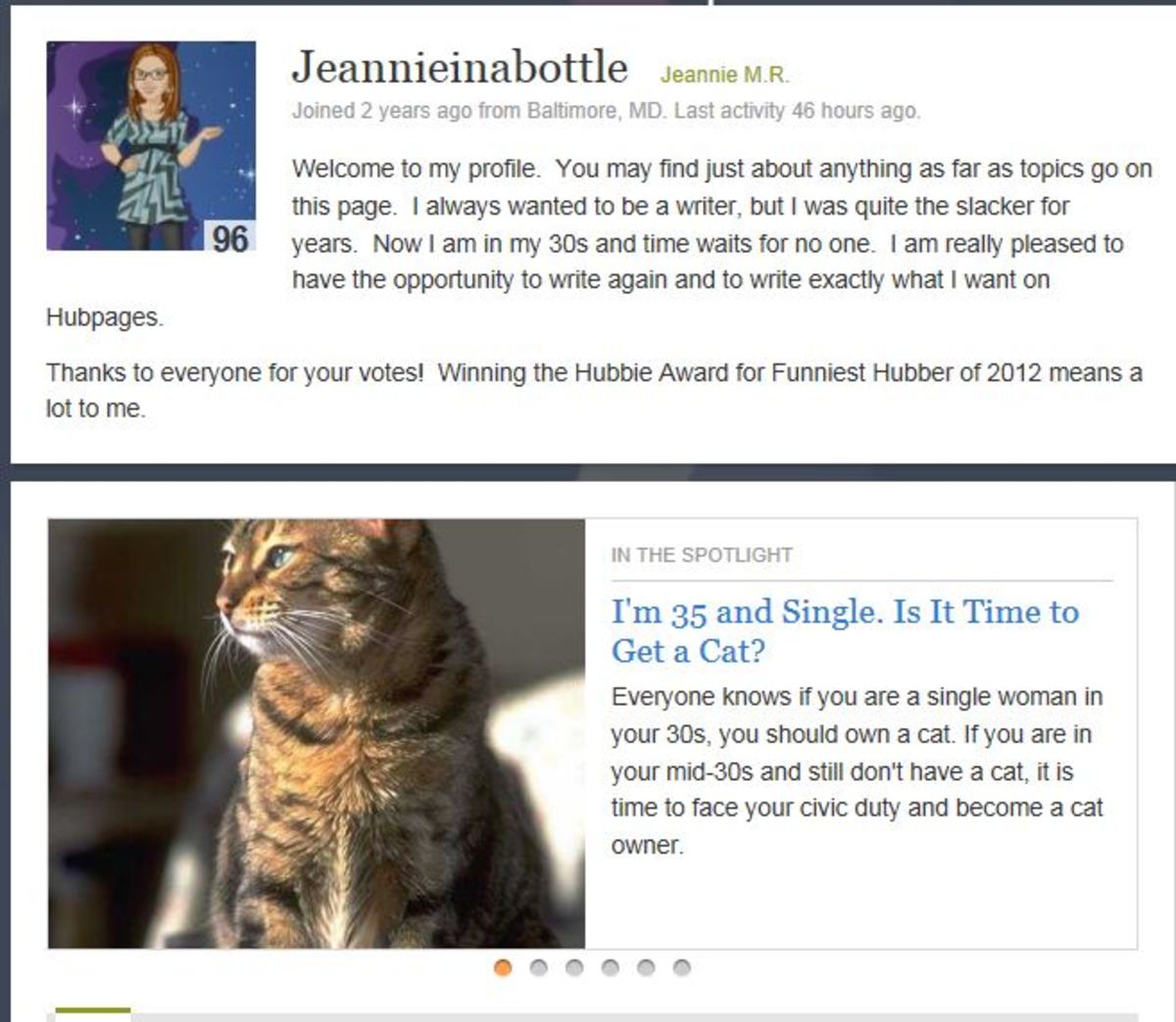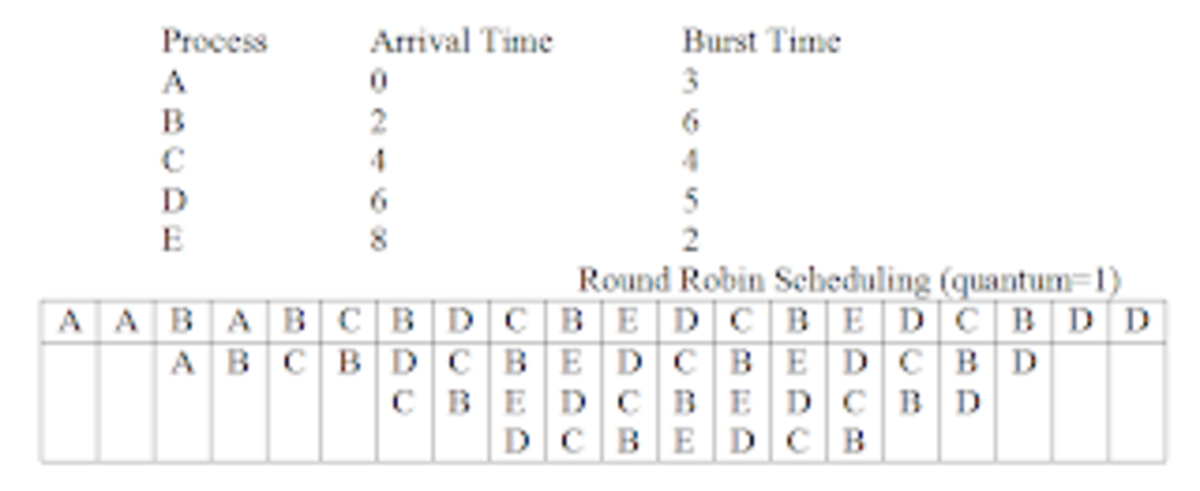An Overview of The World’s Top PC Operating Systems
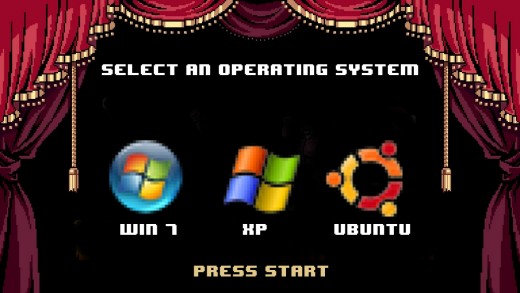
What OS are you currently using?
With the release of Windows 8 consumer preview, my thoughts turn to how quick and unpredictable Operating Systems (OS) have been. I remember the fluke that was Windows Vista, which prompted PC manufacturers to package their systems with an OS other than Windows, giving Linux's Ubuntu a try. I recall Windows 7 being the savior and fix for Vista, and how before Windows 7 most people reverted back to XP.
I digress. Today the general public is more aware of their options for an OS, and with that awareness consumers are able to choose an OS that fits their needs, thus changing the market dynamics of OS's. Here is an overview of the world's top PC operating systems.
Definition of an Operating System
To kick this off, let's start with a definition of what an operating system is and does.
An operating system, or OS as it is commonly called, is the main software that manages the hardware and programs of a computer. It provides the user with an interface to interact with the hardware and programs or applications installed on your computer.
That is the simple explanation. If you would like more of an explanation, check out this google search OS definition.

Windows 7 Snap
Want to compare two windows side by side but hate re-sizing windows to do it? Yeah, we all do. That's why Window 7 gives us snap, to easily do side by side windows. Ahhh, painless.
Windows 7 Jump Lists
The jump lists are a new feature that allow you to right click taskbar pins to generate a list of frequently used items or items that you pin. An example is right clicking your web browser to get a list of the last tabs you closed, most frequented web pages, and pinned websites. A great resource for quickly locating your items.
Windows 7 Peek
Windows 7 gives you the ability to 'peek' at your desktop when you have multiple windows open. It does it by turning all other open tasks transparent, giving you a glimpse at the desktop. This is especially nice if you utilize widgets.
Windows 7 Aero desktop
Though not available for Windows 7 starter, and with limited functions for Home Basic, the Aero desktop enhances the look and feel of Windows by providing some 2.0 updates, giving it a slick and shiny feel.
Windows 7
Windows alone makes up 80% of OS usage, according to WS3's OS Statistics. (Please note that these statistics are gathered from PC's that have accessed the internet.)
Until August of 2011, Windows 7 was behind or tied with Windows XP in terms of use percentage. As of January of 2012, Windows 7 now accounts for 47.1%
Even within this operating system we see several variants, with varying degrees of features available. It would take considerable time to explain in detail all the differences, so instead I give you a list of editions and a link to Microsoft to better understand the differences. Note that some of these editions may not be available in your country. Currently the following editions are available for Windows 7:
- Starter
- Home Basic
- Home Premium
- Professional
- Enterprise
- Ultimate
Since I won't be going into detail about these variations, I will point out a few of the features that make Windows 7 a unique and worthy experience, found to the right.
The requirements for running Windows 7 are (taken from Microsoft's website):
-
1 gigahertz (GHz) or faster 32-bit (x86) or 64-bit (x64) processor
-
1 gigabyte (GB) RAM (32-bit) or 2 GB RAM (64-bit)
-
16 GB available hard disk space (32-bit) or 20 GB (64-bit)
-
DirectX 9 graphics device with WDDM 1.0 or higher driver
A glance at Windows 7

Windows XP Compatibility
There are some older programs that have difficulty running on Windows 7 machines, but work flawlessly on XP. Yes, there are editions of Windows 7 that provide compatibility for Windows XP, yet nothing can top XP itself for being able to run programs. Why else would Windows 7 need an XP mode? There have been occasions where I have been unable to run programs due to compatibility issues.
Windows XP is Familiar and Safe
XP was a good product to begin with. Not great, but good. Especially as a redeemer from Windows ME. Being a good product at start and then having over ten years to update, patch, and service the OS and you have a pretty stable and reliable product, which is why the Vancouver winter Olympics committee chose Windows XP over Windows 7.
Windows XP Performance on Older Machines
This one is bound to cause some controversy since it still has not been put to rest. However, it is worth noting that some people swear that XP outperforms Windows 7, especially when it comes to gaming. There has been one occasion for myself where I had to run a game in XP for stability and performance.
The big thing to take away here is that it really depends on your system. Benchmark performances indicate newer machines run Windows 7 better, whereas those with antiquated equipment will have better success with Windos XP.
Windows XP
Coming in at 31.4% of OS usage is the ever faithful and stalwart, Windows XP. When Windows Vista flopped, it was Windows XP that stepped in and saved the day. Consumers missed the ease and abilities of XP that they either did not upgrade, or if they did they were quick to replace it with XP. It wasn't just individuals doing this either. Corporations, small businesses, and schools were all reverting back.
Let's take a look to the right at why XP is still beloved though it was released back in 2001.
Now don't get me wrong. I love Windows XP, because it has been such a large part of my life being the OS I have most widely used. But Windows 7 goes above and beyond and really answers some of the needs of users, making it more functional and eye pleasing without the process load. My humble prediction is that XP will fade almost completely out of the picture within a few years, especially with the advancing of Windows 8.
The system requirements for Windows XP are (taken from Microsoft website):
- Pentium 233-megahertz (MHz) processor or faster (300 MHz is recommended)
- At least 64 megabytes (MB) of RAM (128 MB is recommended)
- At least 1.5 gigabytes (GB) of available space on the hard disk
- CD-ROM or DVD-ROM drive
- Keyboard and a Microsoft Mouse or some other compatible pointing device
- Video adapter and monitor with Super VGA (800 x 600) or higher resolution
- Sound card
- Speakers or headphones

Linux is FREE!
Perhaps the biggest difference is the price. Windows based OS can be costly. Having an alternative that is free is enticing! Not only is the OS free, but Linux is based on the free and open source software, giving users the ability to download a ton of free software ranging from games to office suites and much more!
Linux Ubuntu outperforms XP and Windows 7
When pitted against XP and 7, Ubuntu outperforms them both. Not only can it handle programs better, but hardware as well. Having Ubuntu on your laptop will help extend the life of your laptop battery.
Multiple work spaces in Ubuntu
Ubuntu touts a unique experience in many ways, one of which is offering users multiple work spaces. This allows you to have programs and tasks running in different panes and switch between the panes, making multi-tasking easier through organization.
Ubuntu's dash and launcher
The dash and launcher give Ubuntu a slick look and ease to navigation, rivaling that of the Mac.
Ubuntu Software Center
I mentioned this above how there is a log of free software available for Ubuntu. What I didn't mention was that Ubuntu supplies a software center where you can browse and quickly download/install software. You also have the ability to add other repositories found on the web to gain access to even more software.
Ubuntu has no viruses
Toss out your anti-virus, because in the land of Ubuntu, there are no viruses.
Linux Ubuntu
What could be as good or better than Windows for PC? Enter Linux, coming in at 5% and edging out Vista.
Linux is where PC and Mac collide, creating a visually appealing and fun user experience. Now don't get completely excited, as there are some drawbacks. But I will let you decide how it weighs out.
There are different variations of Linux OS's, but perhaps the most widely known and used is Ubuntu. This OS has actually been around since 2007, but continues to be updated, giving the OS enhanced features along the way. It is very similar to how OS X updates.. Ubuntu releases have clever names like Hardy Heron, Lucid Lynx, Natty Narwhal, and the current version of Oneiric Ocelot.
Take a look to the right to get a look at some of the qualities that set Ubuntu (and subsequently other Linux OS's) from the rest.
Ubuntu system requirements are (take from the Ubuntu website):
- 1 GHz CPU (x86 processor (Pentium 4 or better))
- 1 GiB RAM (system memory)
- 15 GB of hard-drive space (or USB stick, memory card or external drive but see LiveCD for an alternative approach)
- 800 by 600 screen resolution
- Either a CD/DVD drive or a USB port for the installer media
-
Internet access is helpful
If you are interested in the drawbacks, here they are:
- Lack of compatibility with Windows software (there are programs, like Wine that will run Windows programs, but with little success)
- User-friendly, some of the time. I installed Ubuntu on my in-laws PC and they have done well with learning the system. However, there are some things that become difficult for even myself to figure out. Using the shell command prompt requires some know how, or at least the ability to know what to search for on Google. Most of this may just be how unfamiliar Ubuntu is as an OS.
- Hardware compatibility. My only experience with a hardware issue was my wireless adapter, which was fixed with an update. There is some hardware that may have issues, but as Ubuntu continues to move forward, these issues are becoming less common.
- Lack of market and products. Granted, there is a ton of free software and purchasable software for Ubuntu, yet the market for it is slim. Since Windows has the largest portion of the market share, most mainstream software is therefore geared towards Windows. However, there are alternatives to some software, such as GIMP instead of Photoshop.

Upcoming Operating Systems
Though these three operating systems currently make up the largest percentage of use, other operating systems are on the horizon and looking to stake claim.
Look forward to:
- Windows 8
- Google OS

